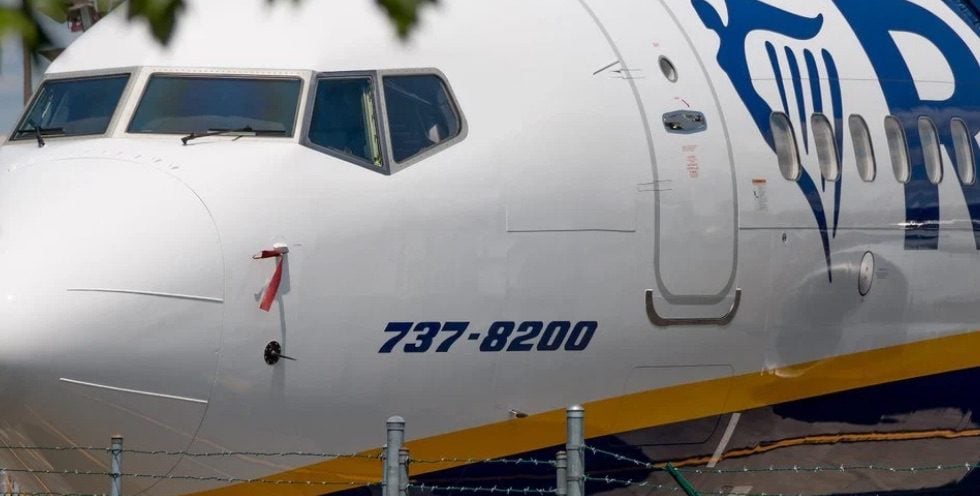
Ryanair MAX rebranded
Boeing reported its October orders and deliveries, including 12 more cancellations for the 737 MAX. Four of the canceled orders were from CDB Leasing, one from Smartwings (owner of Czech Airlines), three from Oman Air, and four from an undisclosed buyer. In 2020, the backlog has lost 1,043 MAX orders as a result of the grounding and the global pandemic.
In the Airbus-Boeing trade war, Europe has instituted a 15% tariff on Boeing aircraft, which will have a major impact on Ryanair, which currently has an all-Boeing fleet. That could have a major impact on the timing of deliveries. However, it is hoped that a new administration in the US might end the trade wars over commercial aircraft programs that have been subject to WTO fights over the last 14 years and restore no tariff trade with the EU.
But until that happens, the market for the MAX will be further hampered. With the MAX expected to be ungrounded on 18 November, a week from today, we would expect American Airlines to fly its first MAX routes on 27 December, and most operators to be back in the skies in January or February, depending on their ability to train pilots and Boeing’s ability to modify already delivered aircraft.
Subscriber content – Sign in Monthly Subscription Annual Subscription




